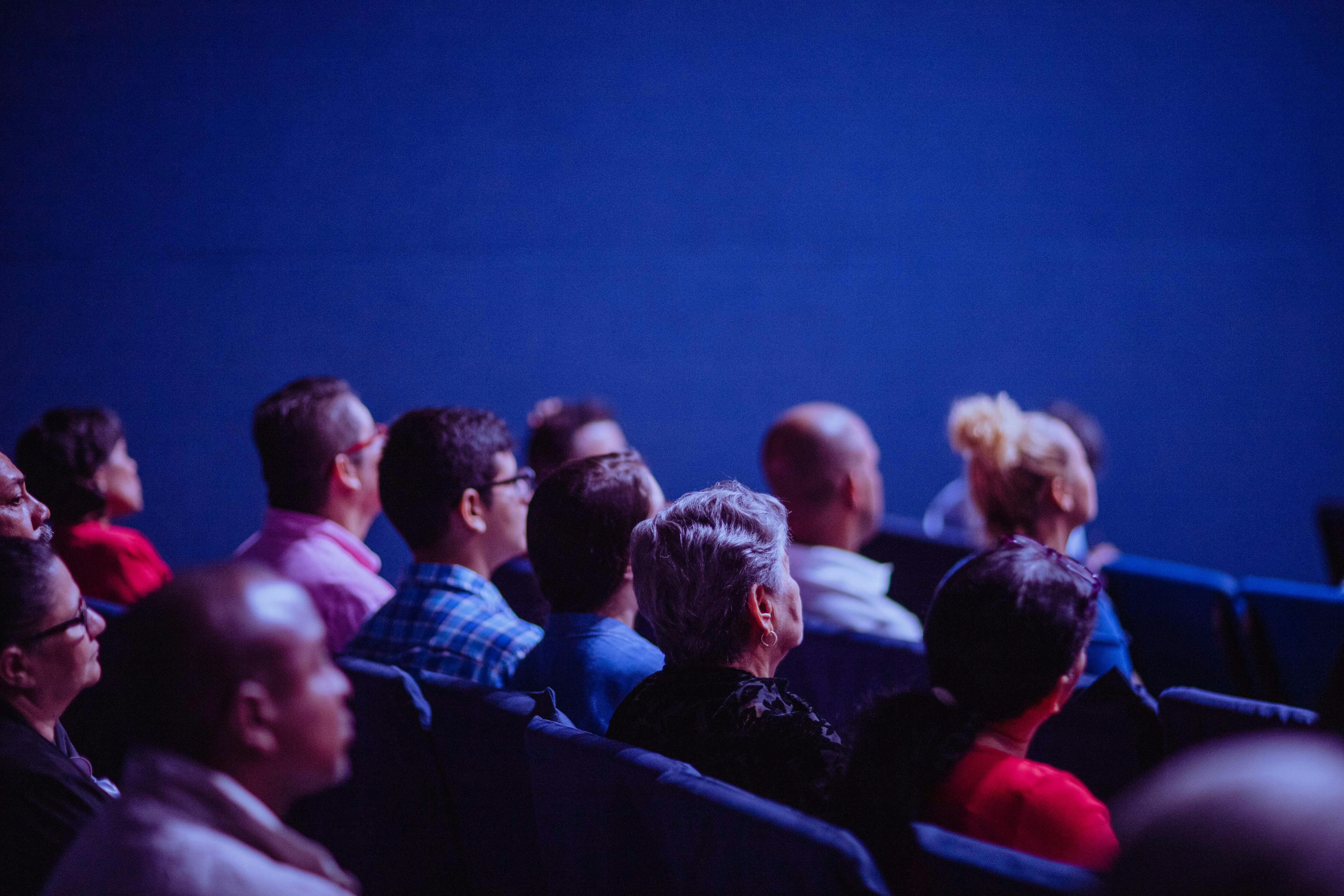How are British Gen Z dating? Redefining relationships and love
Appinio Research · 22.06.2023 · 9min read

Back to blog
The dating landscape has undergone a significant transformation in recent years, primarily driven by the rise of dating platforms. These digital platforms have revolutionised the way people meet and connect, providing Gen Z with a plethora of options to explore potential romantic relationships.
Who are Gen Z?
Generation Z, often referred to as Gen Z, encompasses those born between the mid-1990s and early 2010s, and understanding Gen Z's dating preferences and behaviours is crucial in today's evolving dating culture.
From the influence of popular dating apps like Tinder to the impact of hookup culture, examining the dynamics of Gen Z's dating habits can offer valuable insights into the ever-changing world of modern relationships. In this blog post, we will delve into the fascinating realm of Gen Z dating, exploring the trends, preferences, and experiences that shape their approach to finding love and connection in the digital age.
💡 Appinio has consolidated the findings of this study in a 30-page report. Download your copy report for free.
Gen Z's attitudes towards dating
Gen Z exhibits shifting attitudes and values when it comes to dating and relationships.
The Appinio Teengeist Report highlights that a significant portion of British Gen Z prioritises building steady and meaningful connections, with 49% of those surveyed indicating that a committed relationship is their top priority.
However, further data from Appinio (i.e. February Hype Train Report) reveals that Gen Z seems to be the most likely to say they feel pressured into dating (38%).
Gen Z's emphasise authenticity, compatibility, and shared values. They seek partners who align with their personal growth, individuality, and aspirations.
The decline of hook-up culture is undeniably the biggest dating shift between when we look at how Gen Z approaches dating.
The pandemic is largely to blame for fundamentally altering what Gen Z are looking for from relationships.
By effectively eliminating the possibility of hook-ups, forced lockdowns changed what dating could be for this generation.
Virtual dates on Zoom or FaceTime, watching movies “together” online and the growth in popularity of outdoor, active dates were all born out of necessity, but had a significant impact.
People were forced into trying to establish slower, deeper, more meaningful connections, rather than just immediately skipping the bases.
Mix in the lack of a proper job, due to entering the workforce through a pandemic or being laid off.
Add a lack of personal space, being forced to stay home due to lockdown restriction or moving back home to cut costs.
What Gen Z is looking for in a partner is, first & foremost, being a friend.
They are so swooning over the “Friends to Lovers” trope so much that it’s (almost) ruining their dating life and setting up expectations too high.
All of this and much more, and you can see why Gen Z needed to change their approach to dating. It’s no wonder they are having a lot less casual sex and looking for something more.
Gen Z and dating apps
Nevertheless, British Gen Z still uses dating apps.
The Appinio Teengeist Report reveals that approximately 28% of Gen Z actively use dating platforms as part of their dating journey.
This growing trend can be attributed to various factors that influence Gen Z's decision to engage with these platforms.
Factors such as convenience, accessibility, and the desire to expand their social networks play a significant role in motivating Gen Z to embrace dating platforms as a viable avenue for meeting potential romantic partners.
But dating apps can get Gen Z to only a certain extent. There's evidence showing Gen Z ditching dating apps to start relationships on social media or offline.
Many are turning to Instagram to find a suitable match, as the platform enables a more organic way to get to know a person, allows for more nuance and it doesn’t put pressure on the people.
Gen Z’s favourite dating apps
When it comes to dating apps, Gen Z has their preferences for platforms they frequent the most.
Based on data reflecting several times daily usage, Tinder emerges as the most used dating platform among Gen Z, with 13% of respondents indicating their regular engagement with the app.
Following closely behind are Bumble capturing 11% of Gen Z's daily usage. EHarmony ranks third at 8%, followed by Match and Badoo with 7% of Gen Z regularly using the platform to connect with potential partners.
These statistics highlight the popularity and widespread adoption of these apps within the Gen Z demographic. With their intuitive interfaces, diverse user bases, and interactive features, these platforms have successfully captured the attention and engagement of Gen Z as they navigate the modern dating landscape.
Gen Z and the future of dating platforms
The future of dating platforms for Gen Z is set to be influenced by several key trends that are shaping the shift in their dating experiences.
One notable trend that we discussed at length is the increasing emphasis on authenticity and genuine connections.
Gen Z is known for valuing authenticity and transparency, seeking meaningful connections rather than superficial encounters.
Will dating platforms adapt to this trend? Is incorporating features that promote genuine interactions, such as in-depth profile customisation, compatibility quizzes, and video introductions enough to foster a sense of meaningful connection?
The integration of social media elements within dating platforms is also expected to shape the future of Gen Z's dating experiences.
Gen Z is highly connected through social media platforms and they’ve started looking for romantic partners on social media apps. Will dating apps recognise the value of incorporating social features to facilitate more organic connections?
This could involve integrating Instagram feeds, enabling shared interest groups, or incorporating mutual friends' recommendations, all of which can contribute to a more holistic understanding of potential matches. This possibility opens up to few criticisms.
As Gen Z becomes increasingly conscious of their digital footprint and online safety, data privacy and security will remain a significant concern.
Future dating platforms should prioritise robust privacy settings, secure messaging features, and stringent verification processes to ensure user safety and build trust within the online dating community.
Conclusion Gen Z Dating Life
Gen Z is redefining the dating landscape, embracing some of the opportunities provided by dating platforms but always striving to seek more meaningful and authentic connections.
With a shift in attitudes and values, Gen Z prioritises steady relationships and values compatibility and shared values.
The decline of hook-up culture, influenced by factors such as the pandemic and changing societal norms, has transformed Gen Z's approach to dating, prompting them to seek slower, deeper connections.
While dating apps remain popular among Gen Z, they are also exploring alternatives such as social media platforms to find potential partners.
The future of dating platforms for Gen Z lies in adapting to the trends of authenticity, incorporating social media elements, and prioritising data privacy and security. By aligning with the evolving preferences and needs of Gen Z, dating platforms can foster meaningful connections and navigate the ever-changing landscape of digital dating.
Want to run your own study?
Then take your market research efforts to the next level, sign up to Appinio for free and talk to us.
Get facts and figures 🧠
Want to see more data insights? Our reports are just the right thing for you!


